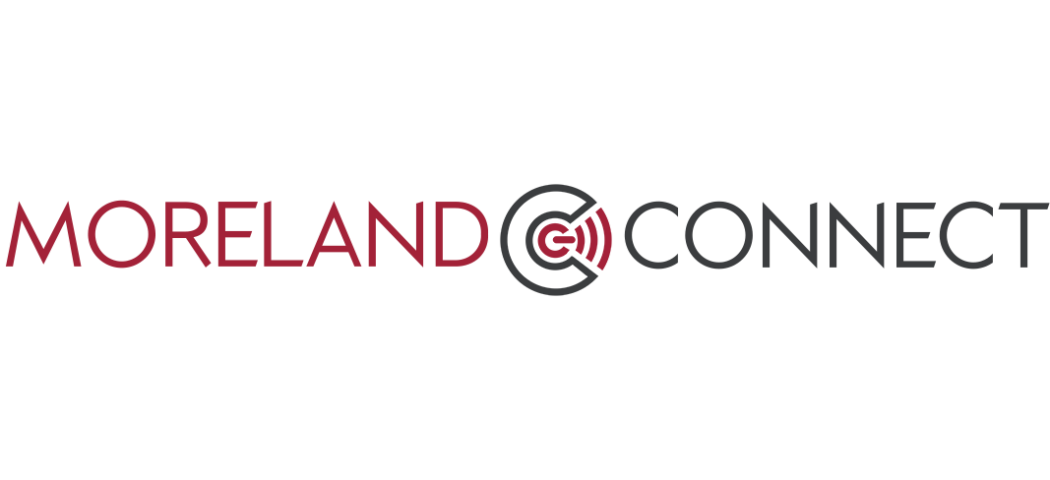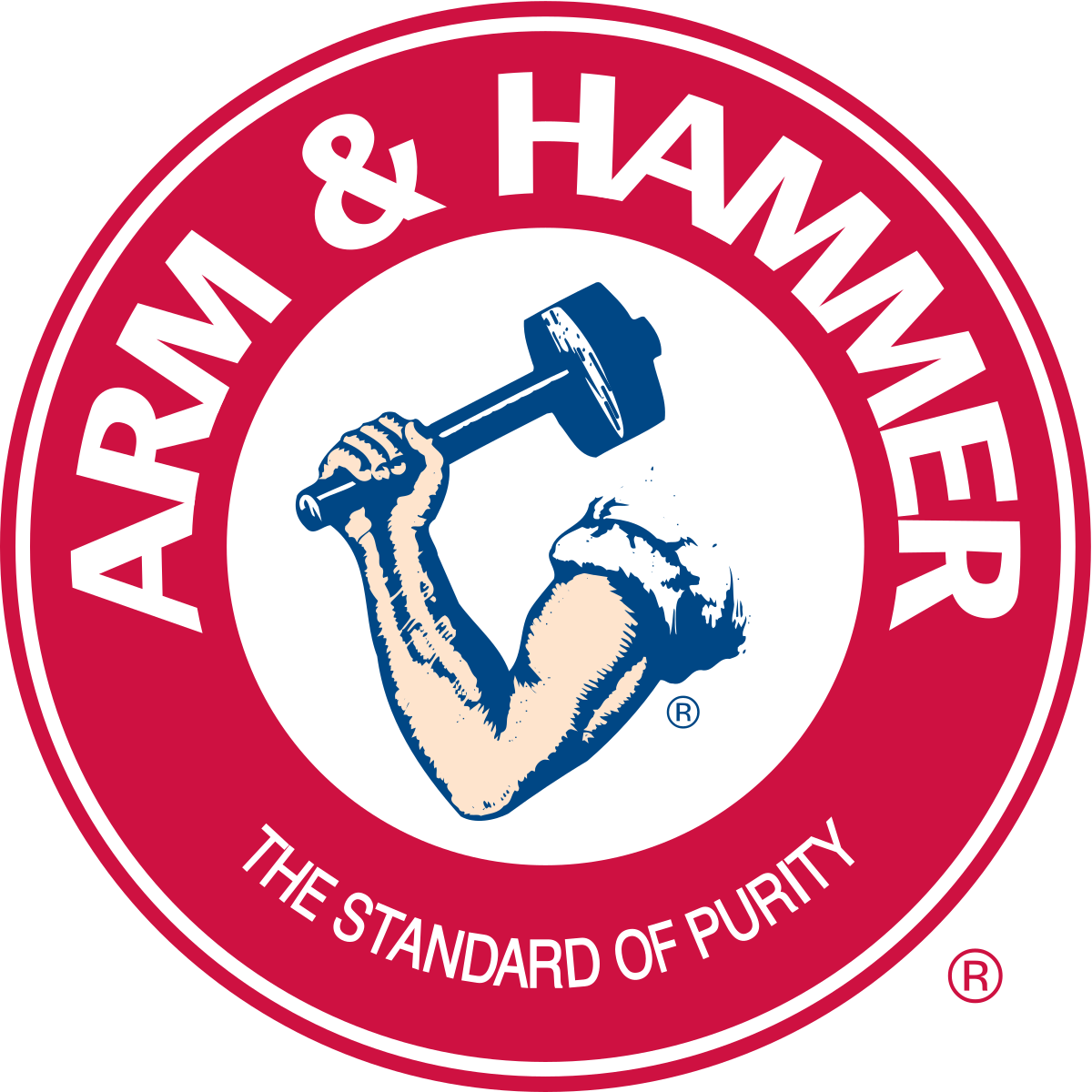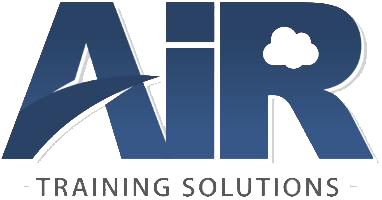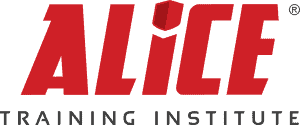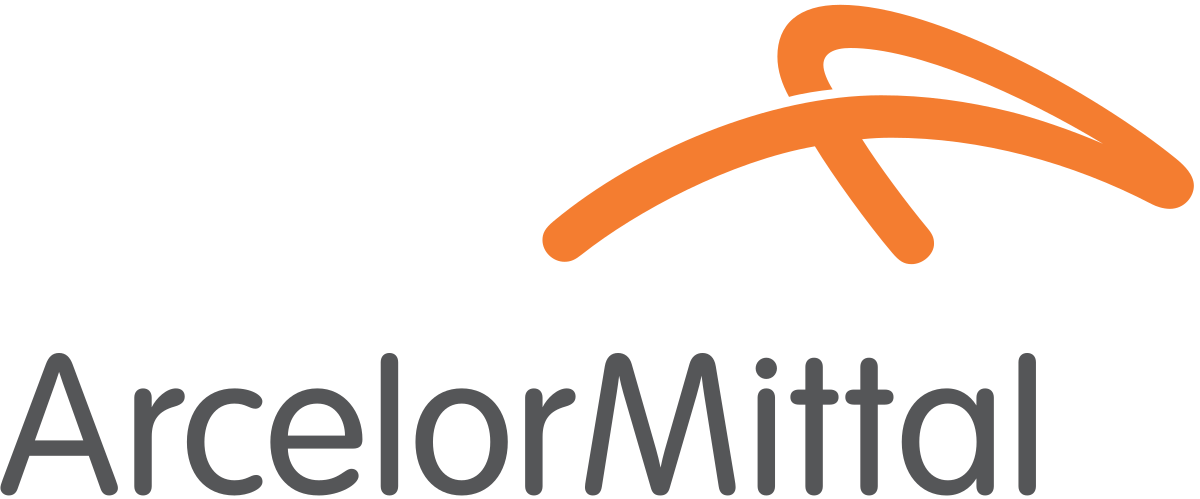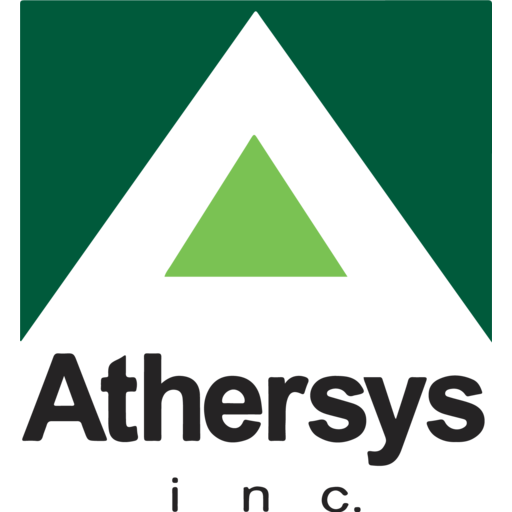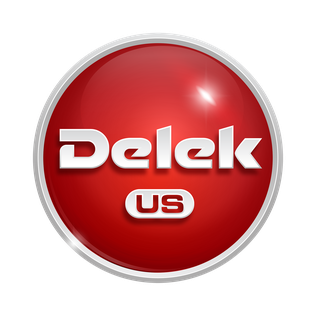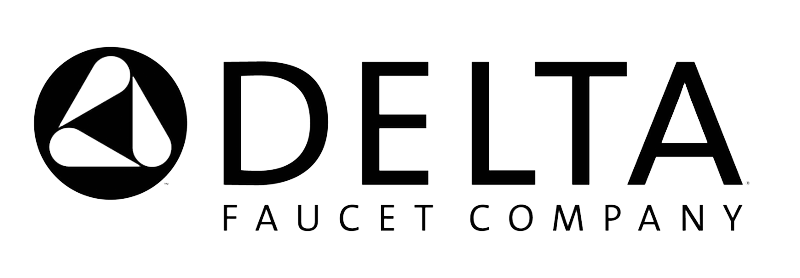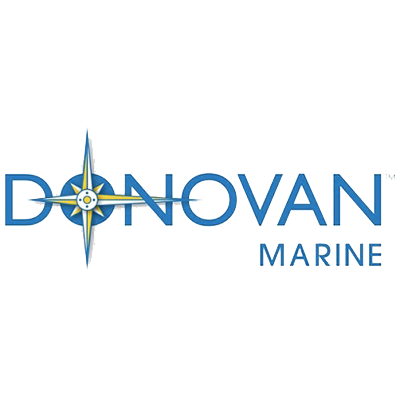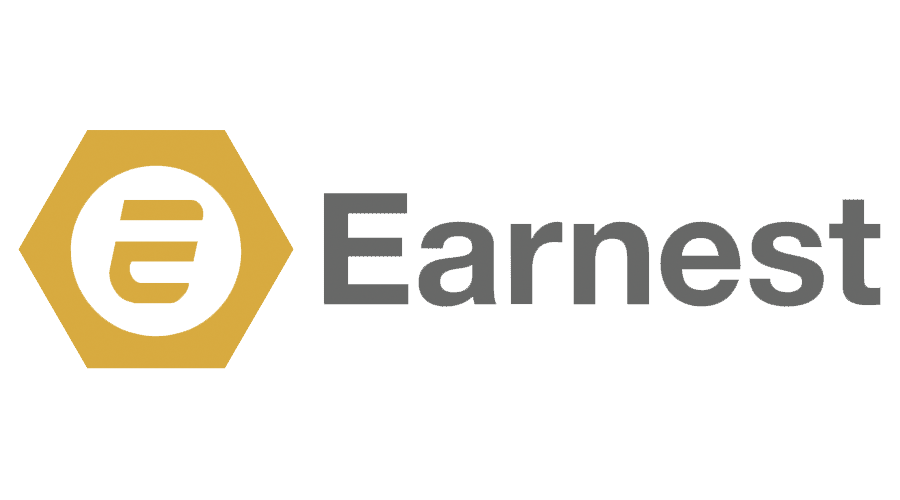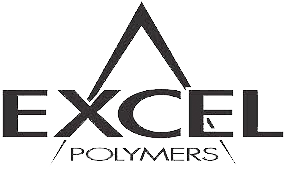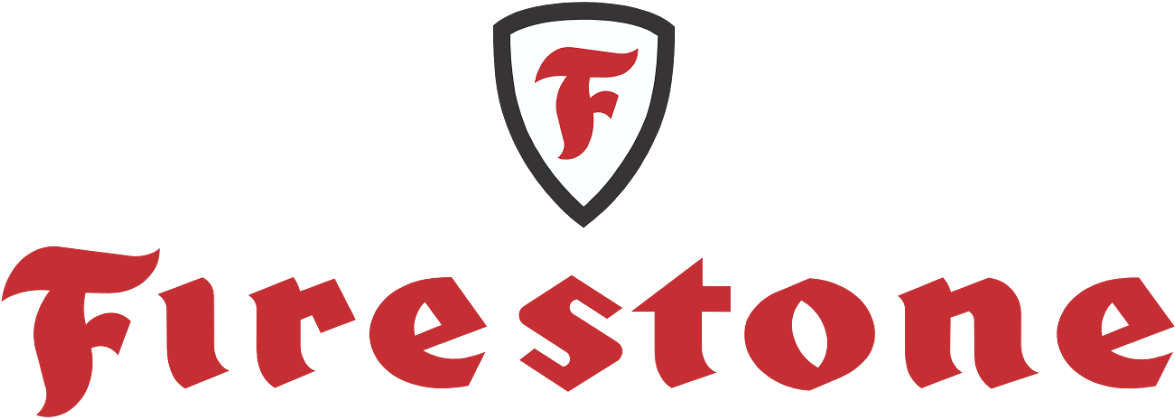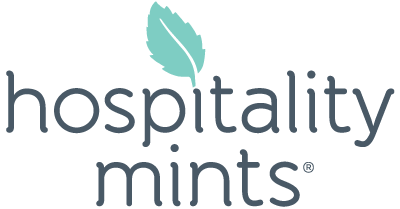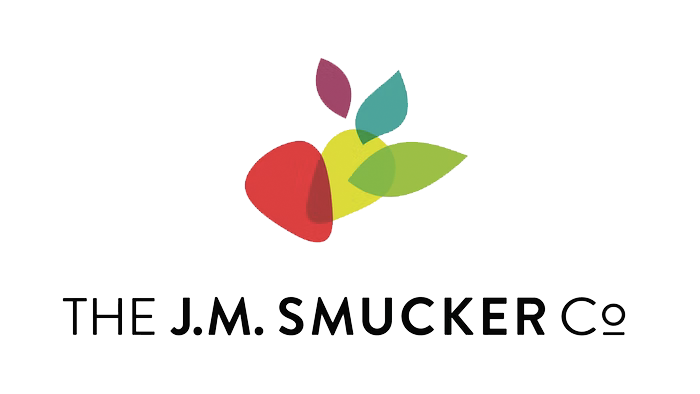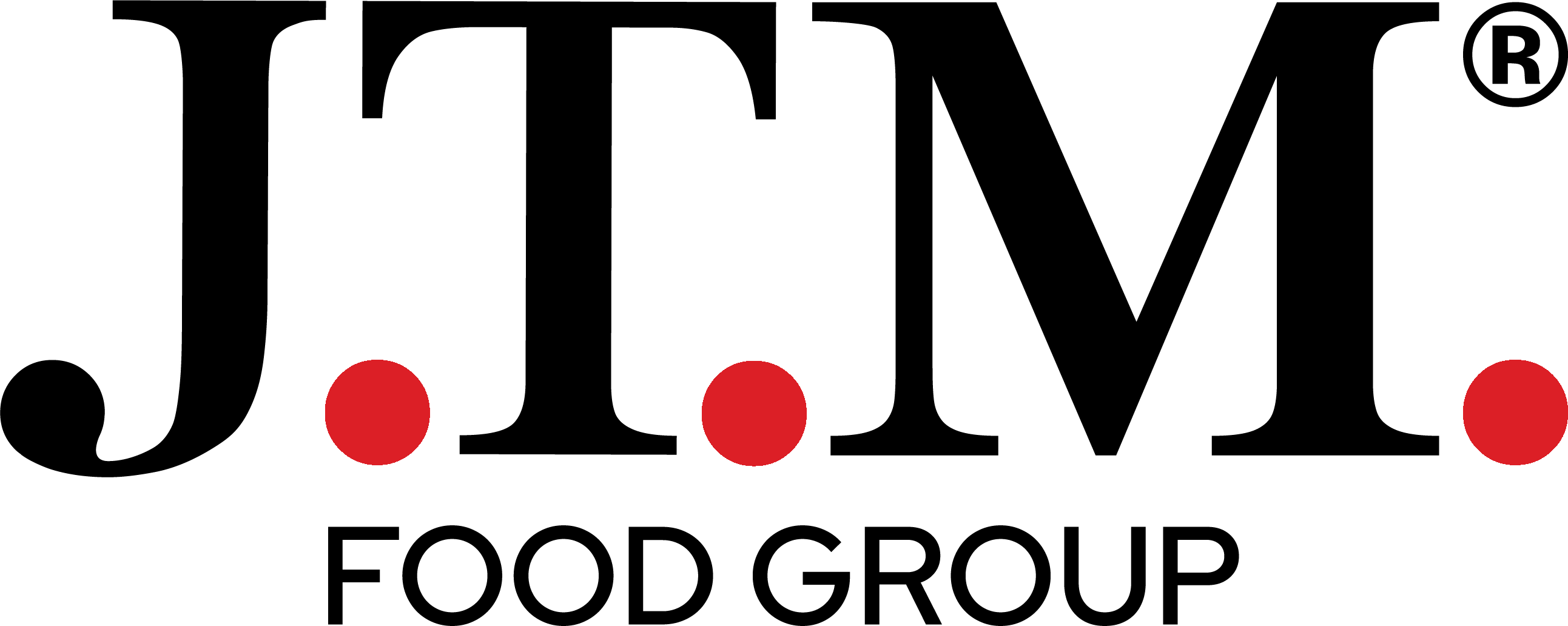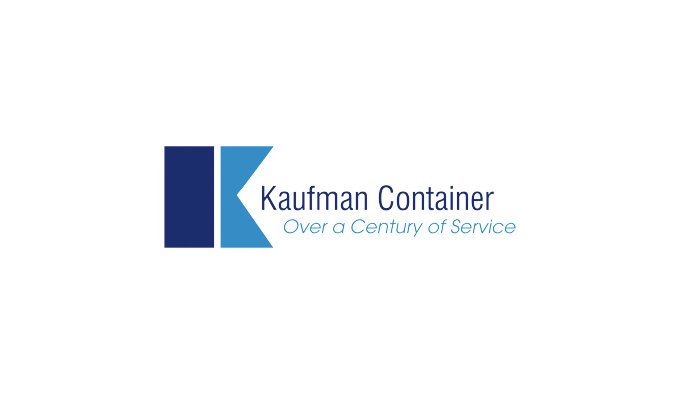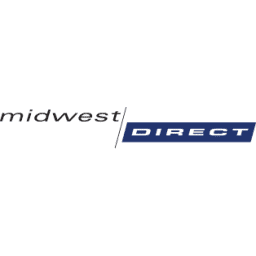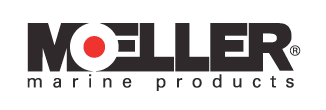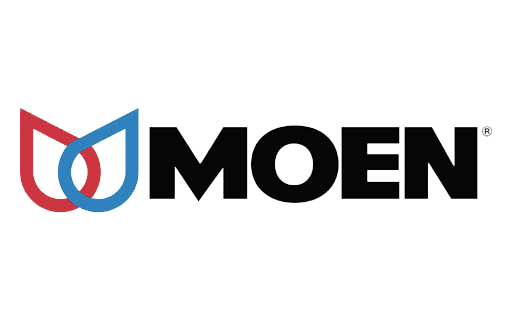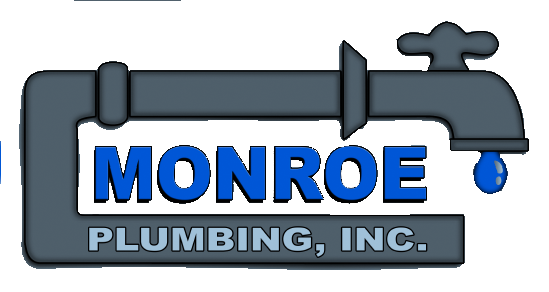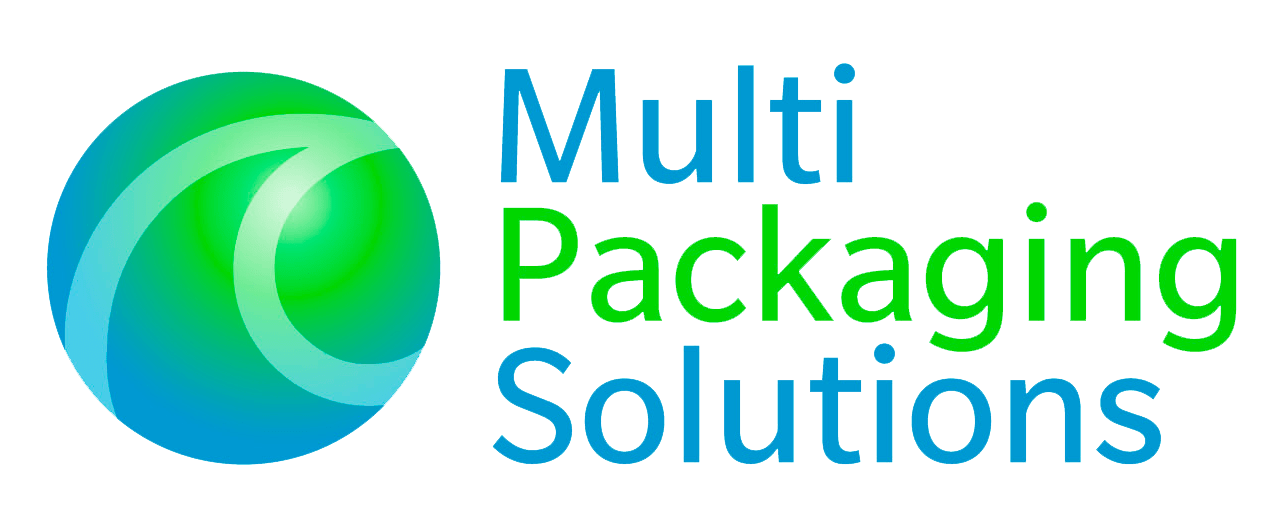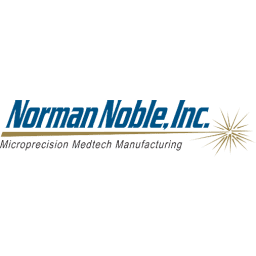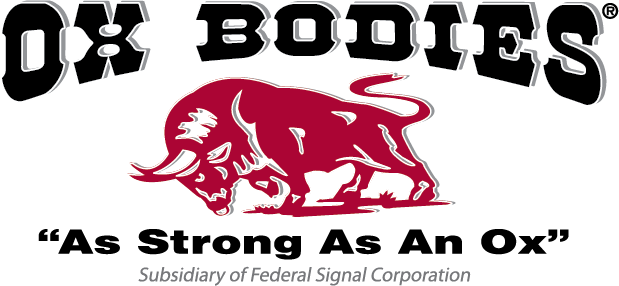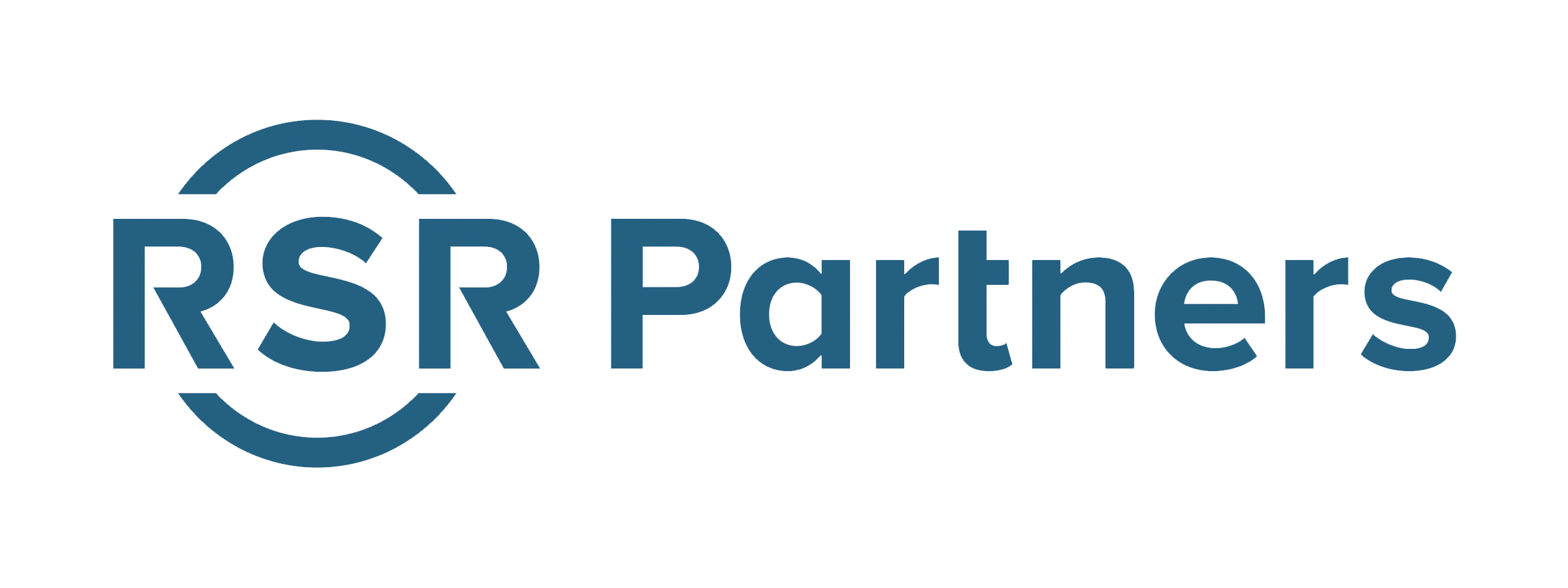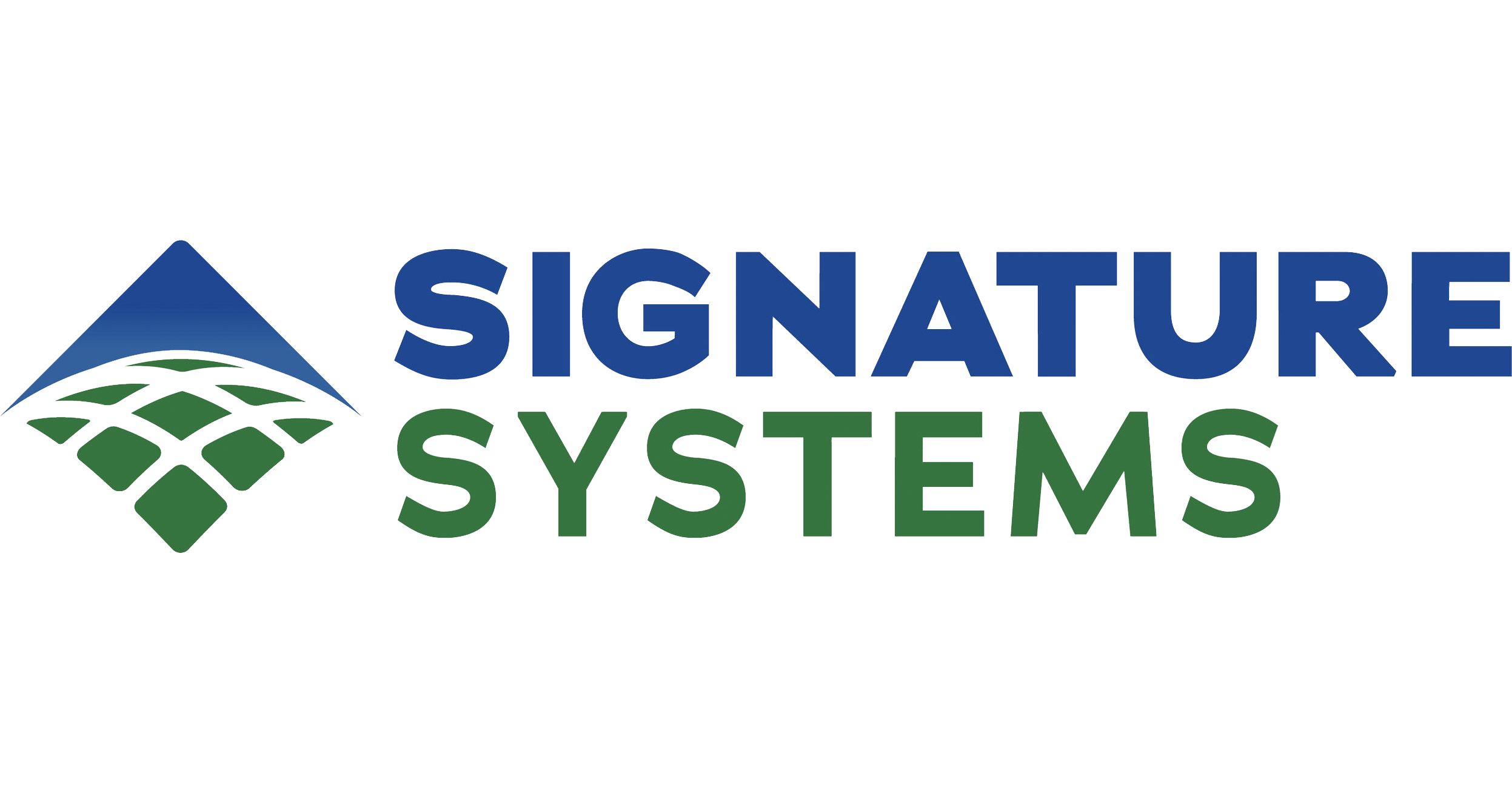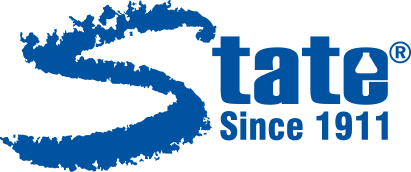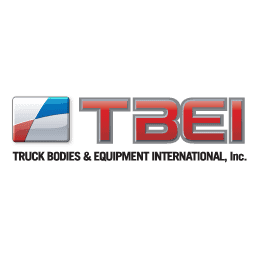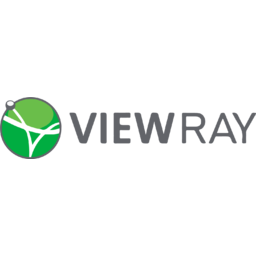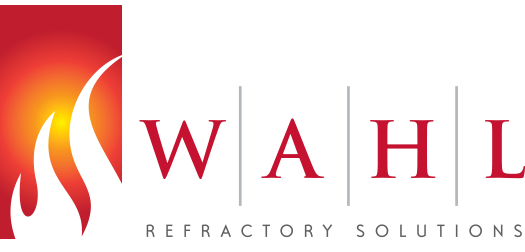I recently shared a day with the Euclid High School football team (Go Panthers!) to talk about careers in consulting and help them to create a plan to have a successful future long after they hang up their helmets for the last time. I wanted to share stories that the students could easily relate to and apply to their everyday lives. As I reviewed the consulting lessons I was sharing, I realized that these apply to any career – and could help people to become better team members.
Below are three of the lessons I shared with the group of 50 football players to help empower them to study hard, think outside the box and make a plan for the future. You can use these to take a view of your current approach at the office – and learn some small changes in your way of thinking that may have a noticeable positive impact on your career.
Lesson 1: Learn how to solve problems – ANY problems.
One story that stood out to the students was MorelandConnect’s solution for the Ohio Department of Transportation. ODOT asked us to solve their problem of keeping track of where their plows were located throughout the day. Moreland created technology that tracks 800 snow plows with sensors and GPS, helping the team at ODOT to instantly know where plows are moving and how much salt they are spreading.
I don’t expect high school students to create a mobile application that will track a fleet of vehicles, but what stuck with them is importance of solving problems. Isn’t that what every business does today? To become better employees, bosses, owners, and consultants, we need to be “in shape” to effectively solve problems. Do riddles in your spare time (seriously, Google them), think critically, look at a problem and think of at least three different ways to solve it before moving forward. This way of thinking will pay off in the long run and can really set team members apart.
Lesson 2: Power with STEAM.
The players readily grasped our “STEAM” approach, which is what MorelandConnect uses when hiring new team members and to frame our performance reviews. Luckily, the STEAM skillset doesn’t require expansive coding knowledge or years of experience in developing custom software; it’s more about character and attitude. It works for business, at home, and on a team. Use this approach to attract talent that will grow with your company – and consider if you carry it on a daily basis. In what areas can you grow?
STEAM:
Sled Dog – Hardworking. These types of people work with a team to get the job done without being asked, without asking questions, and taking the lead when necessary. They keep pulling even when things get tough or uncomfortable (and sometimes, they have to do crappy work).
Team First – Being mindful that it’s not always about “me.” Put the team first, whether it is your high school football team, IT department or family. Share credit when credit is due. When a job is done, do you have the mindset of “we did it” or “I did it”? The blame belongs to you. The glory belongs to everyone.
Easy – Be easy to work with, easy to talk to, easy to spend time with. Be dependable. Come armed with answers to problems. And no, the dog didn’t eat your homework.
Attitude to Win – Not always “win at all costs,” but always stay positive – believe that your project, task or assignment can get done and you can win. Never give up. Keep in mind that it is important (and OK) to lose now and then.
Mindful – Think of others first. Figure out what motivates people. Ask questions and remember the answers. Notice the little things: bring in your neighbor’s garbage cans, reach out to a friend, or help out a coworker who is having a rough day. These little actions can go a long way in the office and in life.
Lesson 3: Find your strengths – then think outside the box to develop them.
In high school, thinking about what you want to do with the rest of your life can seem overwhelming. Instead, it can be helpful to take smaller steps by figuring out what you’re good at – the same goes for those years into their careers (with how often people switch jobs today, there are bound to be new skills you’ll need to learn for your next career move).
Think about what you’re best at, and then hone those skills. If you are a lineman, you don’t need to improve your ability to catch the ball. You are a blocker so become great at blocking. You shouldn’t rely on your job or classwork to provide all of the necessary resources to grow; it’s critical to seek out new ways to learn. Interested in data? Take an online Excel or SQL class. Love writing? Start a WordPress blog in your spare time to expand your skills and learn basic HTML. Need to become more savvy with client presentations? Grab a book on public speaking or attend a seminar to polish your approach.
Sometimes, all it takes is a chat with 50 high school kids to give you the tools to rethink your approach. No matter what field or industry you’re in, these three simple lessons can help you grow your career – and your team.
